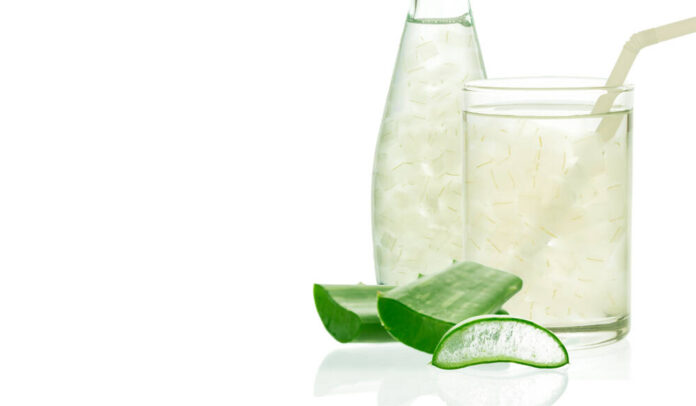
Whenever the medicinal properties of aloe vera are mentioned, the first things that typically come to mind are its ability to soothe burns and abrasions, ease the hurt from insect bites and stings, and it's cooling and healing effects on sunburn. But what about the antioxidants in aloe vera? What should we know about them?
Antioxidants
Antioxidants are compounds in foods that have the ability to find and fight cell-damaging molecules called free radicals. Free radicals can do a lot of damage. They have the ability to alter your DNA, which can result in cancer or many other health challenges. They can harm the membranes of your cells, so they are unable to perform their assigned functions, and at high levels, they can result in oxidative stress, which can lead to the development of tissue damage and chronic diseases.
Antioxidants in aloe vera
Aloe vera contains scores of bioactive elements that provide various health benefits. In addition to amino acids, enzymes, proteins, carbohydrates, and lipids, the plant is rich in antioxidants. The food and cosmetic industries have used the antioxidants in aloe vera to enhance the nutritional value of food and extend the shelf life of beauty products. Experts are becoming increasingly aware of the value of these antioxidants, which are found in the plant’s leaves, gel, and flowers.
In a 2019 report in Plant Foods for Human Nutrition, the authors note the types of antioxidants in plants and one way to reap the most benefits from them. They note, for example, that the best time to harvest aloe vera leaves is after the plant has been growing for three years because the levels of a group of antioxidants known as flavonoids are highest then. Other antioxidants found in aloe vera include polyphenols (e.g., catechins, quercetin, rutin) and vitamins and minerals (e.g., vitamin C, beta-carotene, alpha-tocopherol, copper, zinc).
Read more about the health benefits of aloe vera
Benefits of antioxidants in aloe vera: research
In a study that looked at the antioxidant abilities of aloe leaf gel using ORAC (Oxygen Radical Absorbance Capacity, a lab test that determines the total antioxidant capacity of foods and other chemical substances), the authors reported that the gel “may show promise in alleviating symptoms associated with/or prevention of cardiovascular diseases, cancer, neurodegeneration, and diabetes.”
In another study, a group of researchers evaluated the activity of two compounds that showed antioxidant activity against superoxide and hydroxyl radicals, which are involved in developing many health conditions, including cardiovascular disease, chronic inflammation, dementia, and cancer.
According to a review of clinical trial results done by an independent research firm, Lily of the Desert Aloe enhanced with Aloesorb™ “significantly improves vitamin C absorption, immune function, oxidative stress levels, and detoxification.” Aloesorb is a high concentration of aloe polysaccharides that helps enhance the supplement's ability to support immune function, digestive health, and antioxidant absorption.
Read about aloe vera and the immune system
In a clinical trial, experts evaluated the use of Lily of the Desert Whole Leaf Aloe Juice enhanced with Aloesorb in 75 healthy adults. In this double-blind, placebo-controlled effort, the oxidative reduction potential (ORP) improved by 40 percent in the participants who took aloe vera versus those who took a placebo. Aloe vera users also showed an 11 percent reduction in toxins accumulation compared to controls. The results suggest that this aloe vera supplement can safely and significantly improve oxidative stress (which contributes to and causes disease), enhance immune function, and improve detoxification in healthy individuals.
Here is yet another benefit of aloe vera. In a study in Phytomedicine, experts evaluated the absorption of vitamin C (a water-soluble nutrient) and vitamin E (a fat-soluble nutrient) with aloe vera or without. The authors found that using either aloe vera whole leaf extract or inner fillet gel improves the absorption of both vitamins. They noted that aloe vera should be used as a complement to these supplements.
Bottom line
Aloe vera contains a variety of powerful antioxidants that have been shown to possess an ability to enhance and improve immune function, detoxification, and other benefits. If you are looking for a way to manage your health better and improve the antioxidant activity and potential in your body, then consider aloe vera gel or juice as a daily supplement.





